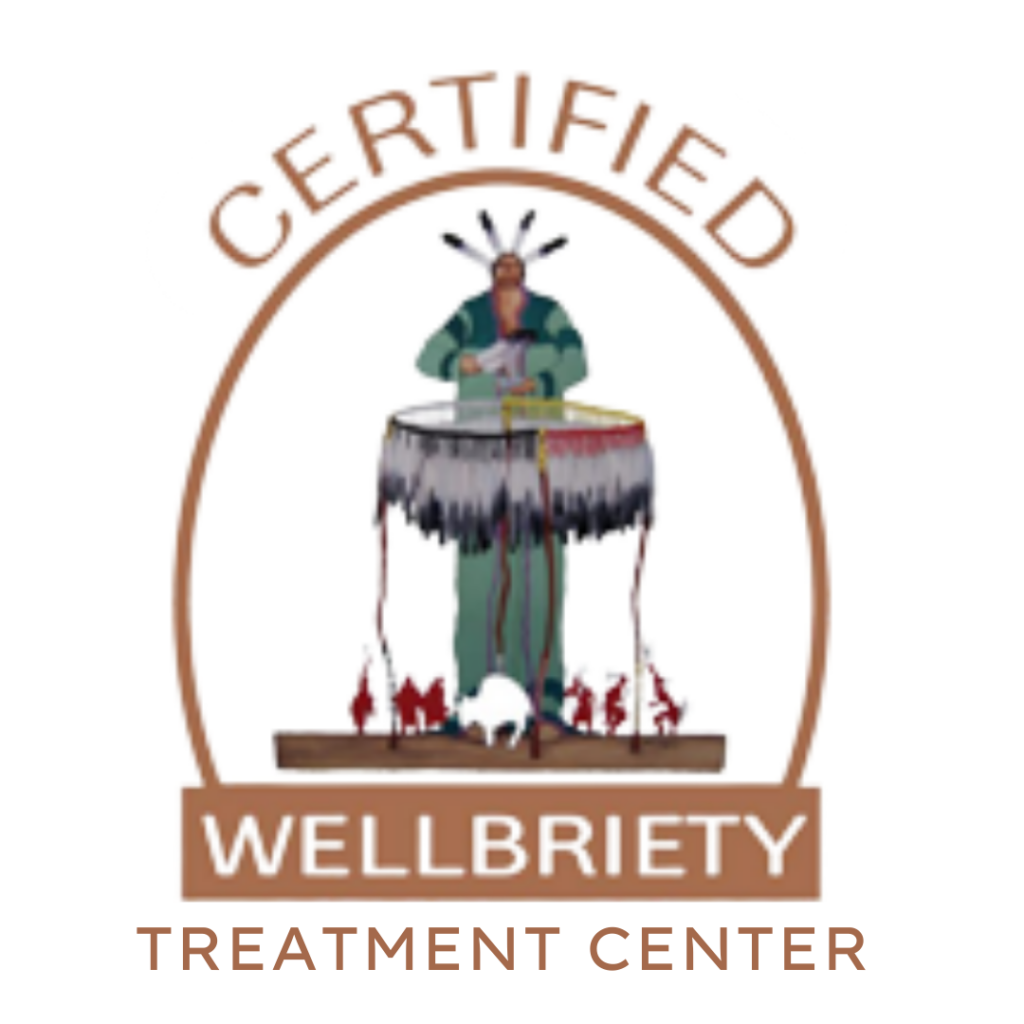Comorbidity is essentially having both a substance use disorder and mental disorder simultaneously. People with a drug addiction are twice as likely to experience mood and anxiety disorders than are members of the general population and vice versa, according to the National Institute on Drug Abuse (NIDA). Additionally, the Anxiety and Depression Association of America has found that twenty percent of Americans with anxiety or depression have a substance use disorder and vice versa.
The simultaneous occurrence of an addiction and an anxiety or mood disorder disorder is referred to as comorbidity, or dual diagnosis. Drug addiction and other mental illnesses commonly co-occur, and this relationship may be explained in several ways.
- Drug abuse can trigger symptoms of other mental health disorders. The use of stimulants such as cocaine, which can cause paranoia and restlessness, may lead to the development of anxiety.
- Mental health disorders can lead to drug abuse. Those dealing with issues such as anxiety or depression may self-medicate with drugs or alcohol. Self-medication may be the most dangerous link between substance abuse and other mental health disorders, as it may develop into a tolerance for/dependence on drugs or alcohol.
NIDA also cites shared risk factors such as overlapping genetics and environmental triggers, involvement of similar brain regions, and early development as possible causes for the co-occurrence.
Disorders that commonly co-occur with substance addiction
Anxiety. Some common anxiety disorders include generalized anxiety disorder (GAD), OCD, PTSD, and social anxiety. Twenty percent of people with an anxiety disorder have an alcohol or drug addiction. Research has shown that treating substance abuse without addressing underlying anxiety is associated with a higher chance of relapse.
Common symptoms of anxiety include:
- Trembling
- Stomachache/nausea
- Headache or dizziness
- Rapid heartbeat
- Sweats or chills
Interestingly, many of these symptoms are the same as/similar to withdrawal symptoms from substance abuse. This makes self-medication even more dangerous, as it may be unclear which physiological and psychological symptoms stem from addiction withdrawal and which can be attributed to another mental health disorder.
Depression. Depression and substance abuse, particularly alcohol abuse, are also closely tied. Chronic, major, and bipolar/manic depression are several forms of the disorder.
Common symptoms of most forms of depression include:
- Sadness or emptiness
- Hopelessness
- Disinterest/low energy
- Sleep and eating changes
- Aches and pains
Bipolar disorder. Bipolar disorder is typically characterized by manic and depressive periods and often involves severe changes in mood and mannerism. “High highs” and “low lows” are terms often used to described manic bipolar disorder.
Common symptoms of bipolar disorder include:
- Extreme changes in energy, activity, and sleep
- Mood episodes
Treating co-occurring disorders
Not treating co-occurring disorders in conjunction with treating substance abuse can have serious consequences. Without healthy coping mechanisms, those with comorbidity will likely turn back to drugs or alcohol to self-medicate. This can aggravate the already aggressive symptoms of disorders like anxiety, depression, and bipolar disorder.
Like substance use disorders, anxiety and mental health disorders are highly treatable diseases. An assortment of behavioral therapies, such as cognitive behavioral therapy (CBT), have been effective in treating comorbidity. CBT, a present-focused, results-oriented form of psychotherapy, works to identify and modify dysfunctional thought and behavior patterns.
Many co-occurring disorders are often treated with medication, but a combination of therapy, self-help (meditation and other stress management), and medication is what tends to work best for most people.
At Royal Life Centers at the Haven, we understand the complexities of comorbidity. Our addiction therapists work with guests to uncover the roots of substance abuse and co-occurring mental health disorders to introduce lasting change. A holistic approach to individualized therapy highlights this commitment. Our admissions team is available at all hours at (877)-RECOVERY to answer any questions you may have about treatment.
























